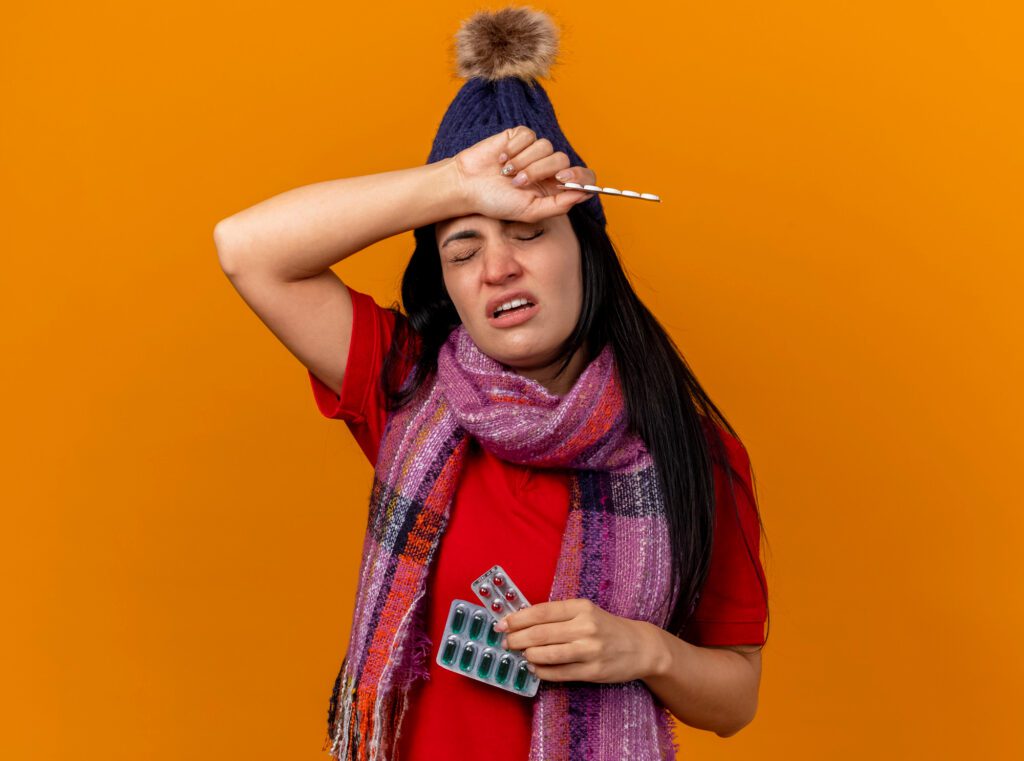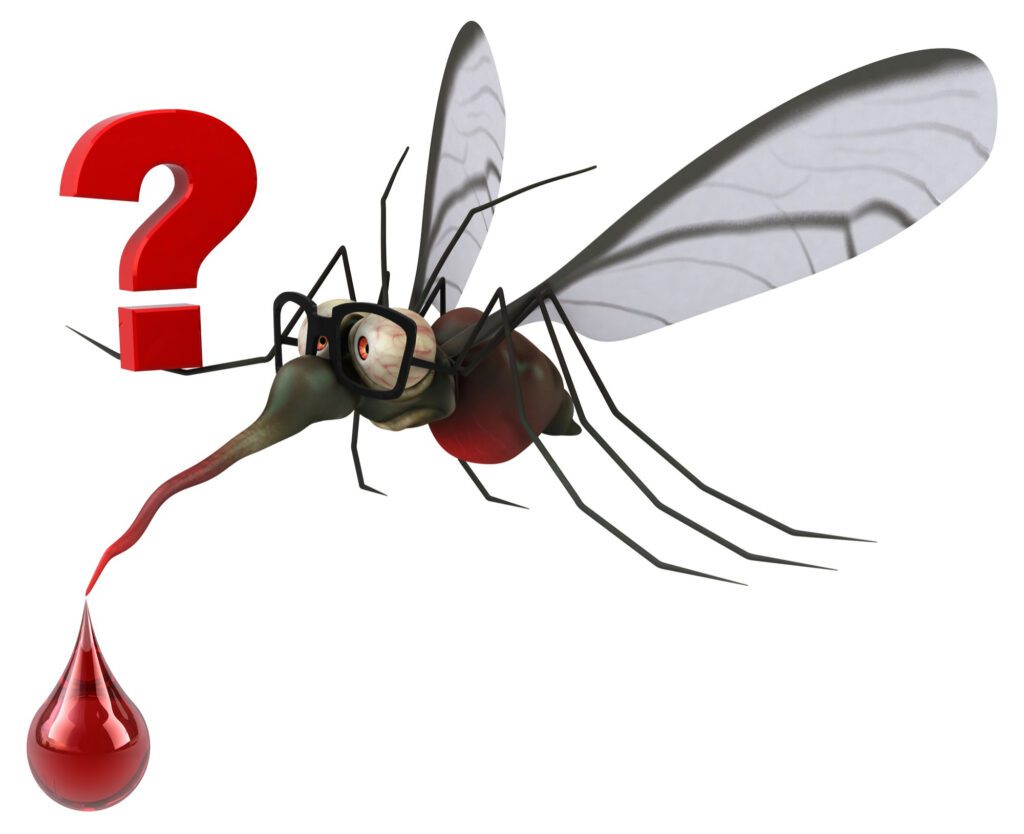Dengue Fever: Understanding the Virus:

Dengue Fever: In many regions of the world, the viral disease dengue fever, which is spread by mosquitoes, is a major public health problem. . While it might not be as well-known as some other infectious diseases, such as malaria or COVID-19, dengue fever affects millions of people annually, leading to severe illness and even death in some cases. In this comprehensive guide, we will explore what dengue fever is, how it spreads, its symptoms, treatment, prevention, and its impact on global health.
Introduction to Dengue Fever
Dengue fever is caused by the dengue virus, a member of the Flavivirus genus. There are four distinct serotypes of the virus, labeled as DENV-1, DENV-2, DENV-3, and DENV-4. Infection with one serotype provides lifelong immunity against that specific serotype, but not against the other three. In fact, subsequent infections with different serotypes can lead to more severe forms of the disease, known as dengue hemorrhagic fever (DHF) or dengue shock syndrome (DSS).

Transmission of Dengue Virus
The primary vector responsible for transmitting the dengue virus to humans is the Aedes mosquito, particularly Aedes aegypti and Aedes albopictus. These mosquitoes are typically active during the daytime, with peak biting periods in the early morning and late afternoon.
The transmission cycle begins when a female Aedes mosquito acquires the virus by feeding on the blood of an infected person. Once infected, the mosquito can transmit the virus to other humans through subsequent bites. The virus does not spread directly from person to person; it requires the mosquito vector to facilitate transmission.

Symptoms of Dengue Fever
Dengue fever can manifest with a wide range of symptoms, which may vary in severity. The incubation period (the time between infection and the appearance of symptoms) is typically 4 to 10 days. Common symptoms include:
High Fever: Sudden onset of a high fever, often reaching up to 104°F (40°C).
Severe Headache: Excruciating headache that is sometimes referred to as “bone-breaking” agony.
Joint and Muscle Pain: Extreme joint and muscle pain, thus the moniker “breakbone fever.”
Skin rash that could develop a few days after the fever starts.
Mild Bleeding: Minor bleeding such as nosebleeds and gum bleeding. Easy bruising.
Fatigue: Profound weakness and fatigue, lasting for weeks.
In some cases, dengue fever can progress to more severe forms, DHF and DSS, characterized by:
Severe abdominal pain
Persistent vomiting
Rapid breathing
Bleeding gums
Fatigue and restlessness
Blood in vomit or stool
Sudden drop in blood pressure
DHF and DSS are medical emergencies and require immediate hospitalization.

Diagnosis and Treatment
Diagnosing dengue fever typically involves clinical evaluation, including a physical examination and assessment of symptoms, along with laboratory tests. Blood tests, such as enzyme-linked immunosorbent assay (ELISA) and polymerase chain reaction (PCR), can detect the presence of the dengue virus or antibodies in the blood.
Dengue fever has no particular antiviral therapy. The majority of management requires supportive care, such as:
Maintaining proper hydration
Managing pain and fever with acetaminophen (avoid non-steroidal anti-inflammatory drugs like aspirin, as they can increase bleeding risk)
Rest
Frequent monitoring of blood pressure, platelet count, and hematocrit levels
Patients with severe dengue (DHF or DSS) require intensive medical care, including intravenous fluids, blood transfusions, and close monitoring of vital signs.

Prevention of Dengue Fever
Preventing dengue fever primarily revolves around controlling mosquito populations and avoiding mosquito bites. Here are some essential prevention strategies:
Mosquito Control: Eliminate mosquito breeding sites by emptying containers that collect water (e.g., flowerpots, tires) and using larvicides in stagnant water. Additionally, insecticide-treated bed nets and screens can help reduce indoor mosquito exposure.
Wear long sleeves, long pants, socks, and shoes to minimize your skin’s contact with mosquitoes.
Mosquito Repellents: Apply mosquito repellents to exposed skin and clothing. Products containing DEET, picaridin, or oil of lemon eucalyptus are effective choices.
Avoid Peak Mosquito Activity: Stay indoors during peak mosquito biting hours (early morning and late afternoon).
Community Engagement: Public health campaigns and community involvement can play a significant role in mosquito control and raising awareness about dengue prevention.

Global Impact of Dengue Fever
Dengue fever is not limited to a specific region; it is a global health concern. The World Health Organization (WHO) estimates that there are around 390 million dengue infections each year, with approximately 96 million cases showing clinical symptoms. Severe dengue leads to about 40,000 deaths annually.
The burden of dengue falls disproportionately on low- and middle-income countries, particularly in tropical and subtropical regions where the Aedes mosquito thrives. The economic impact is substantial, with healthcare costs, lost productivity, and other associated expenses placing a significant burden on affected countries.
Challenges in Dengue Control
Despite ongoing efforts to control dengue, several challenges persist:
Lack of a Vaccine: While there have been advances in dengue vaccine development, no vaccine is universally available or completely effective against all serotypes. Some vaccines are approved in certain countries, but their use is often limited to high-risk populations.
Climate Change: Climate change can influence the distribution and behavior of Aedes mosquitoes, potentially expanding the areas at risk for dengue transmission.
Vector Resistance: In some regions, mosquitoes have developed resistance to insecticides, making vector control more challenging.
Globalization: Increased travel and trade have the potential to spread the virus to new areas, introducing dengue to regions where it was previously absent.

Research and Future Prospects
Research on dengue fever continues to advance, with ongoing efforts to improve diagnostics, treatment, and prevention. Some promising developments include:
Dengue Vaccines: Several vaccines are in various stages of development and testing. Continued research aims to improve vaccine efficacy and accessibility.
Vector Control Innovations: Researchers are exploring innovative methods for mosquito control, including genetically modified mosquitoes and the use of Wolbachia bacteria to reduce Aedes mosquito populations.
Antiviral Therapies: Efforts to develop specific antiviral treatments for dengue are ongoing, although progress has been slow.
Suggestions:
- Stay Informed: Keep yourself informed about the current dengue situation in your area. Local health authorities often provide updates on dengue outbreaks and prevention measures.
- Protect Your Home: Ensure your home is mosquito-proof by using screens on windows and doors and regularly emptying containers that collect water. This reduces mosquito breeding sites.
- Travel Precautions: If you’re traveling to regions where dengue is prevalent, take extra precautions to avoid mosquito bites. Pack mosquito repellent, long-sleeved clothing, and consider staying in air-conditioned or screened-in accommodations.
- Seek Medical Attention: If you experience symptoms of dengue, especially if you live in or have recently traveled to an area with dengue transmission, seek medical care promptly. Early diagnosis and treatment can make a significant difference in recovery.
- Support Dengue Research: Stay informed about ongoing dengue research and clinical trials. Participating in clinical trials for dengue vaccines or treatments can contribute to scientific advancements in combating the disease.

FAQs:
Q1: Can dengue fever be transmitted from person to person?
A1: No, dengue fever is not directly transmitted from person to person. It requires the bite of an infected Aedes mosquito to spread the virus.
Q2: Is there a cure for dengue fever?
A2: There is no specific antiviral cure for dengue fever. Treatment primarily involves supportive care, such as maintaining hydration and managing symptoms. Severe cases (DHF/DSS) require hospitalization and close monitoring.
Q3: Can I get dengue more than once?
A3: Yes, it’s possible to get dengue multiple times because there are four serotypes of the virus. Infection with one serotype provides immunity to that specific serotype but not the others. Subsequent infections with different serotypes can lead to severe forms of the disease.
Q4: Are there dengue vaccines available?
A4: Yes, there are dengue vaccines available in some countries. However, their availability and effectiveness can vary. It’s essential to consult with healthcare professionals and follow local vaccination recommendations.
Q5: How can I protect myself from dengue when traveling to endemic areas?
A5: When traveling to dengue-endemic areas, use mosquito repellent on exposed skin, wear long-sleeved clothing, and stay in accommodations with screened windows and doors. Avoid outdoor activities during peak mosquito biting times.
Q6: What is the role of climate change in dengue transmission?
A6: Climate change can influence the distribution and behavior of Aedes mosquitoes, potentially expanding the areas at risk for dengue transmission. Warmer temperatures and altered rainfall patterns can create favorable conditions for mosquito breeding.
Q7: How can I contribute to dengue prevention in my community?
A7: You can contribute by participating in local clean-up campaigns to eliminate mosquito breeding sites, raising awareness about dengue prevention, and supporting community efforts to control mosquito populations.
Q8: Is dengue the same as malaria?
A8: No, dengue and malaria are different diseases caused by different parasites (dengue by a virus and malaria by Plasmodium parasites). They are transmitted by different types of mosquitoes and have distinct symptoms and treatments.
1. Amazfit Band 7: Your Ultimate Activity Fitness Tracker
2. Powerful HidrateSpark PRO Smart Water Bottle: Your 1 Path to Optimal Hydration
3. Introducing the Tata Stryder Contino Galactic: India’s Revolutionary Magnesium Bike
4 Celebrate Laptop Legends: Samsung’s Spectacular Budget Laptops Unleash Power and Savings
MOBI-TECH-INFO,
Your Number One Source for Technology, Health, Entertainment, Travel, Finance, and More!





Thank you for sharing this article with me. It helped me a lot and I love it.
The articles you write help me a lot and I like the topic
You helped me a lot with this post. I love the subject and I hope you continue to write excellent articles like this.
I’d like to find out more? I’d love to find out more details.
Your articles are extremely helpful to me. May I ask for more information?